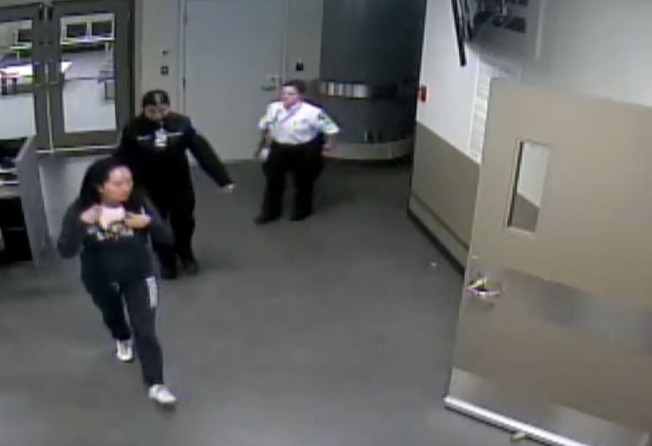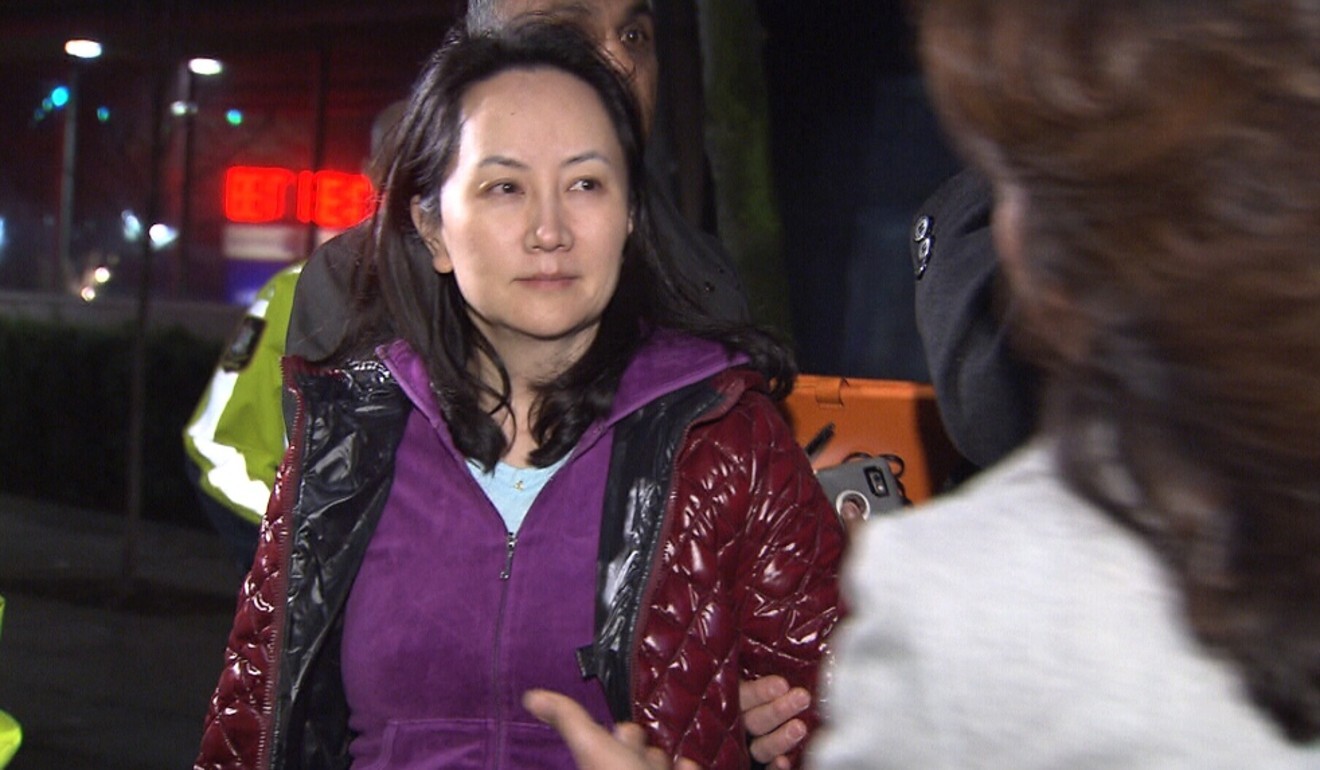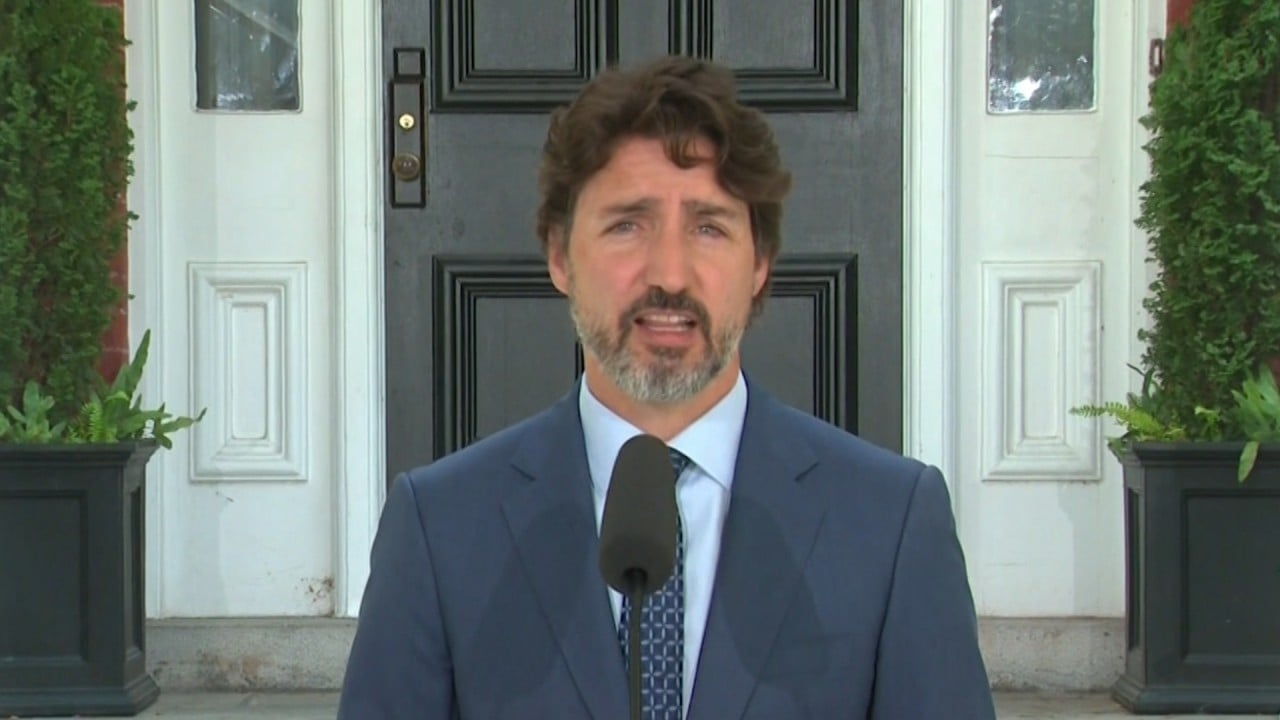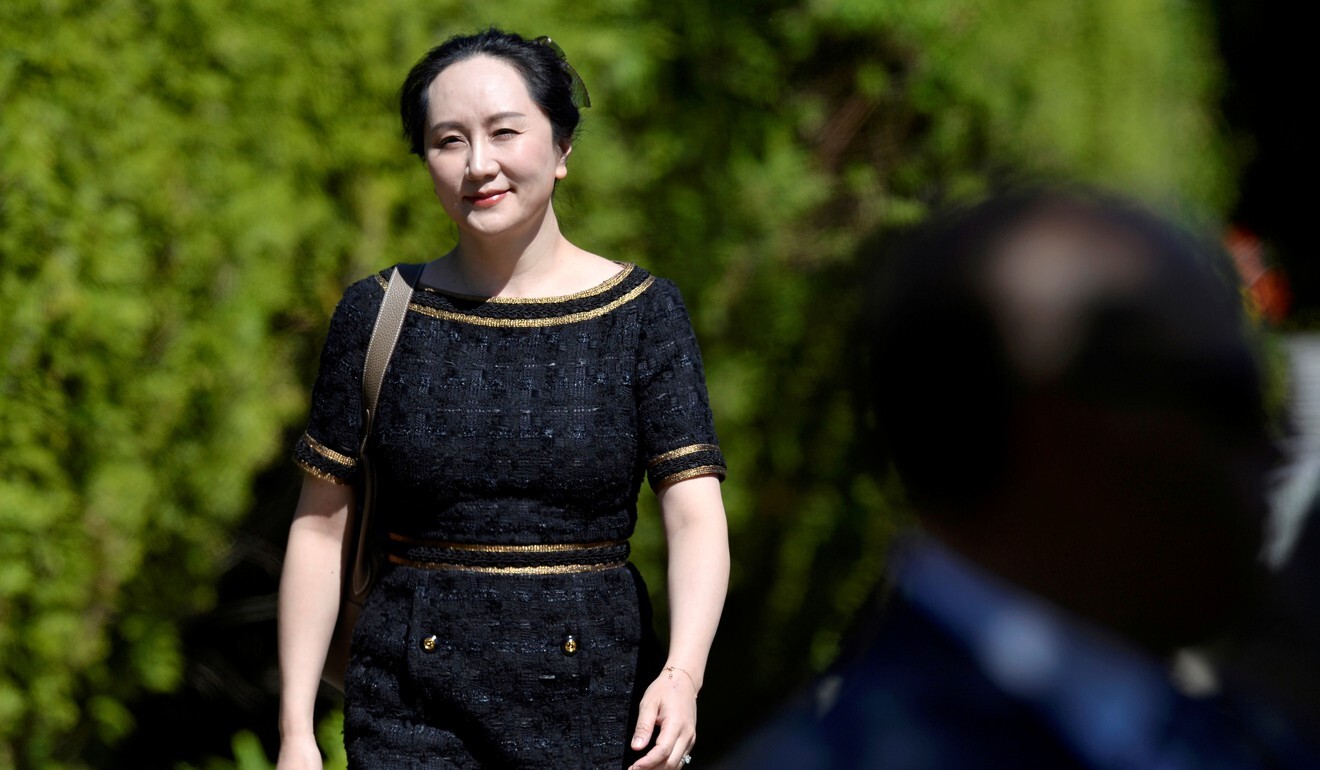Revealed: Canada spy report written hours before Meng Wanzhou’s arrest predicted ‘shockwaves around the world’ once Huawei CFO was taken in
- Meng’s lawyers say the report written by the CSIS intelligence agency provides evidence of ‘coordinated state misconduct’ between the US and Canada against her
- They say the report provides a timeline for Meng’s impending arrest and is ‘troubling’ evidence that CSIS knew she would be interrogated by border officers

A secret report by Canada’s spy agency, finalised just hours before Huawei executive Meng Wanzhou’s arrest in Vancouver in 2018, describes how her impending detention would “send shockwaves around the world” and provides evidence of “coordinated state misconduct” between the US and Canada against her, according to her lawyers.
The two-page Canadian Security Intelligence Service (CSIS) report bolsters Meng’s case that she is a victim of an abuse of process, her lawyers said.
Completed the morning of Meng’s arrest on December 1, 2018, the report, according to the lawyers, says “advanced communication to the CSIS came from the [US] FBI”. Meng’s lawyers said it also provides a timeline for the forthcoming operation at Vancouver’s international airport.
“CSIS’s knowledge that Ms Meng’s arrest would not be effected until ‘approximately 16:00 Vancouver time’ is troubling, since it is consistent with CSIS knowing that the CBSA [Canada Border Security Agency] would first detain, search and interrogate Ms Meng upon her arrival at YVR [airport] at 11.30am,” her lawyers said in a newly disclosed motion.
Meng’s lawyers have argued that her rights were abused when she was questioned and searched by CBSA officers before her arrest, and that this was not a normal border procedure but a covert and illicit evidence-gathering exercise conducted on behalf of the US’ Federal Bureau of Investigation.
The existence of the two-page CSIS report was disclosed late Thursday, when federal court documents relating to the matter were shifted to a public court registry from a “designated” registry. The report itself was not made public.

Meng, Huawei Technologies’ chief financial officer and a daughter of company founder Ren Zhengfei, is fighting against extradition to the United States, where she is wanted to stand trial on fraud charges.
Her arrest triggered a crisis in China’s relations with both the US and Canada, and she remains under partial house arrest in Vancouver on C$10 million (US$7.3 million) bail.
Canada’s attorney general provided the CSIS report to Meng’s lawyers on April 23 – a “late disclosure”, they said – but it was redacted. A further six documents related to the report were disclosed on June 2, but are also “heavily redacted” on national security grounds.
The material is described in a June 5 motion from Meng’s lawyers seeking the appointment of a special court officer with security clearance, known as an amicus curiae, to discuss the secret material before a judge in closed-door sessions. The amicus would not be allowed to disclose the secret information to Meng or her lawyers.
The attorney general, representing US interests in the extradition case, consented to the appointment of the amicus, which was ordered on Wednesday. The amicus, whose fees will be paid by Meng, is Anil Kapoor, a Toronto barrister.
Meng’s lawyers – Richard Peck, Eric Gottardi, David Martin and Scott Fention – said in their motion that deciding whether it was reasonable to withhold the redacted material on national security grounds should not be made with only the attorney general’s lawyers making the case before a judge.

01:27
Spy case against two Canadians in China for 'political gains', says Trudeau
The report, they contended, underscored “the seriousness of the coordinated state misconduct that is the focus of the applicant’s abuse of process allegations”.
“The author of the CSIS report also was aware that the arrest of Ms Meng would be a high-profile political event, saying ‘the arrest is likely to send shockwaves around the world’,” the lawyers wrote.
Meng’s lawyers quoted the report as saying “FBI will not be present in an effort to avoid the perception of influence”.
“The CSIS report makes plain that not only was CSIS involved in communicating with the FBI and others regarding the planning of Ms Meng’s arrest … but that the CSIS had an ongoing role after the arrest,” they said.
“The latter is supported by the CSIS report’s closing line, ‘Updates will be provided on a regular basis as this issue develops’.”

01:54
Canada judge releases video of Huawei’s Meng Wanzhou being searched at airport before arrest
The report “was also pre-occupied with when the news of Ms Meng’s arrest might become public and states that the timing of the arrest ‘may delay Chinese recognition of the event’”.
At the time, Canadian Prime Minister Justin Trudeau, US President Donald Trump and Chinese President Xi Jinping were at the G20 summit in Buenos Aires, Argentina, and they dined together on the evening of December 1.
In a response Monday to the motion, the National Security Group at Canada’s Department of Justice consented to Kapoor’s appointment as amicus, but disputed aspects of his role. It cited case law that “the amicus is bound by a duty of loyalty and integrity to the court and not to any parties to the proceedings”.
“In short, playing a role that sometimes may be opposite to that of the Attorney General does not make the amicus a defence counsel,” National Security Group lawyer Andre Seguin wrote.
“The work done by the amicus undoubtedly will benefit the applicant. But the role is not adversarial in nature,” he added.

In her order on Wednesday appointing Kapoor, the Federal Court’s Madam Justice Catherine Kane said that “the amicus will keep confidential from the Respondent [Meng], her counsel, and any other person not participating in the in camera ex parte hearing, all information and documents to which the amicus had access”.
Meng’s extradition hearings are to resume in the British Columbia Supreme Court on Monday, with a case management conference to chart a schedule for the proceedings, which were thrown into disarray when the Covid-19 outbreak halted normal operations of the Canadian courts. The case is expected to last into 2021, but appeals could drag out the process for years.
Meng is accused of defrauding HSBC by deceiving the bank about Huawei’s business dealings in Iran, supposedly in breach of US sanctions.
Her arrest threw US-China relations into a tailspin, with Trump saying soon after that he might intervene in the case if it was in US economic interests. Meng’s lawyers have cited those comments as proof that she is being treated as a political pawn.
Beijing’s relationship with Ottawa was also upended. Canadians Michael Kovrig and Michael Spavor were arrested by China and accused of espionage, but their treatment is widely regarded in Canada as retaliation and hostage-taking by Beijing.